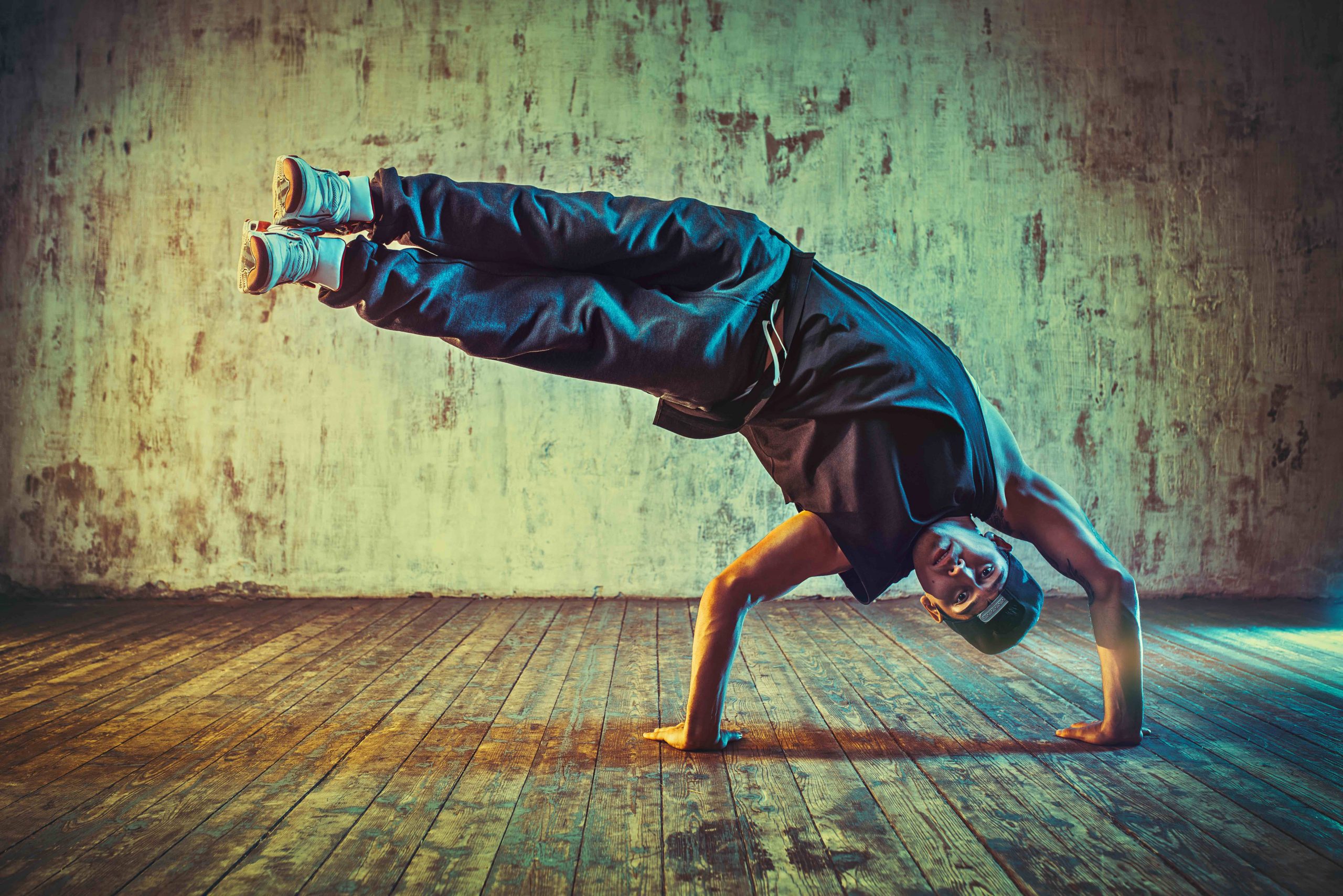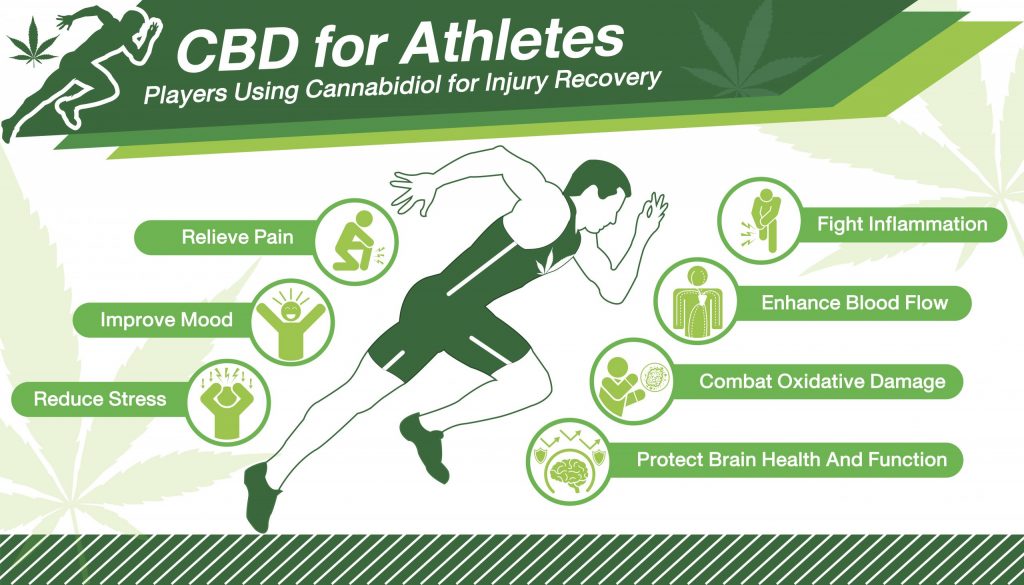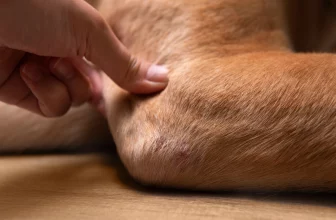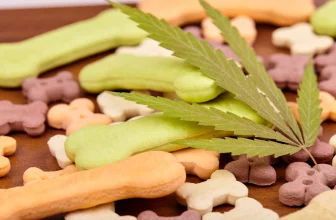
CBD is showing tremendous promise for symptom relief across a broad range of different ailments. For athletes like dancers, basketball players, swimmers, runners and others; this is big news — CBD may provide safe, effective relief from pain, mental health issues, and more.
The World Anti-Doping Agency (WADA), which governs the Olympic games, has not placed CBD on its list of banned substances, making it a go-to choice for many of the world’s top athletes.
Below is more information on how CBD can help athletes.
CBD Dosage Calculators
Use our free CBD calculator to find out how much you should use.
Is CBD Legal?
It is legal to grow CBD hemp in the United States. However, this does not mean it is necessarily legal in other countries, so be careful and follow requirements when traveling.
Difference Between CBD and THC
THC is a psychoactive compound found in the marijuana plant. CBD, a different cannabinoid compound, is found primarily in the hemp plant. Hemp is a closely related cousin of marijuana, but it is legal because it contains only trace amounts of THC (and hence will not get you high).
Is CBD Safe?
CBD is widely well-tolerated, and though most known side effects are mild, the largest concern stems from purity and dosage. It is important to only purchase third-party, lab-verified CBD to ensure you are getting a safe, pure product.

Using CBD to Alleviate Symptoms in Athletes
We are in a golden age of cannabinoid discovery. The list of ailments that CBD helps with continues to grow, and in the world of athletics, it has shown particular promise in the following areas:
CBD for Sleep
Sleep is absolutely essential for cellular recovery, energy, and focus in athletics. When you don’t sleep well, your performance can suffer in a large number of ways. However, research is revealing that CBD helps you fall and stay asleep through the night. Just as importantly, CBD can help you maintain stable sleep cycles and rhythms.
CBD for Knee Pain
Knee pain is a common ailment among athletes, from runners to gymnasts to dancers and beyond. CBD’s anti-inflammatory and pain-relieving properties make it an excellent solution for athletes seeking relief from knee pain. It’s also possible to apply CBD in a number of different ways, from topical creams to tinctures and beyond, making it versatile for different needs.
CBD for Depression
Depression is estimated to affect over a quarter of a billion people worldwide. For athletes, depression can harm motivation, energy, and focus, making it difficult to perform at the necessary level.
While research on CBD as a treatment for depression is limited, there is mounting consensus that CBD helps with certain effects of depression. These include:
- Anxiety
- Discomfort before public performances
- Cognitive underperformance
This makes it a potentially valuable tool for athletes whose depression can affect their performance.
CBD for Pain
Taking CBD for pain has demonstrated positive effects on athletes and non-athletes alike. However, athletes often must contend with pain from sore muscles, joints, inflamed tendons, and repetitive and previous injuries.
With the ability to be applied in a number of different ways, CBD is a potentially game-changing option for athletes seeking relief from different types of pain.
CBD for Arthritis
In addition to providing general relief from aches and pains, CBD has shown plenty of promise for athletes who suffer from arthritis. Arthritic pains can affect people of all ages and can be exacerbated by the high physical demands athletes place on their bodies.
Animal studies have so far been our primary source of information on CBD’s efficacy for arthritis. The evidence so far is quite promising, and hopes are high that official studies on humans will yield similar results.
For now, the high tolerance rate and safety profile of CBD make it safe for athletes to try. Anecdotal accounts have reported significant relief from pain, meaning those with arthritis have good reason to see if it helps them.
CBD for Anxiety
Anxiety, both as a disorder and as a situationally induced phenomenon, is common. Among athletes, for whom mental state is every bit as important as physical and technical abilities, dealing with anxiety is a top priority.
CBD is famously effective at stabilizing mood. Research performed on both animals and humans has demonstrated a mood-stabilizing effect. CBD is often known to deliver a sense of calm, which can be especially important for athletes performing in high-stakes competitions.
CBD interacts with our endocannabinoid system and serotonin receptors, which explains how it can deliver its effects. It is likely interacting with our serotonin receptors, which explains the sense of calm it often delivers.
In the Olympics and other sports strata, athletes like Simone Biles are increasingly opening up about depression, anxiety, and other disorders affecting them. An increased focus on the mental health of athletes is a long-overdue change — and one that will no doubt include CBD as part of the conversation.
CBD for Panic Attacks
Panic attacks can come on suddenly and without warning and are often associated with general anxiety disorder and social anxiety disorder. In 2011, a study showed that people with social anxiety disorder who took CBD experienced reduced anxiety symptoms.
In 2015, researchers reviewed nearly 50 studies on CBD as a treatment for anxiety and found a general suggestion of efficacy — this means CBD could help with post-traumatic stress disorder, panic disorder, generalized anxiety disorder, and obsessive-compulsive disorder.
Dosing and Application
You can take CBD in a number of ways:
- Tinctures (sublingual)
- Edibles
- Topical creams and balms
For athletes whose pain is isolated to a specific part of the body, salves and balms are helpful ways to apply CBD. Simply rub them into the skin over the affected area. For sleep and/or mental ailments, tinctures and edibles are a quick way of ingesting CBD — note that sublingual tinctures work more quickly than edibles.
How much CBD you take will depend on your weight, condition, the dose of the product serving, and your unique anatomy and response.
Start with a small dose (20-40 mg/day), increasing by 5 mg/day after about a week. Increase by another 5 mg a week later until you find your symptoms are being treated effectively. Try using our calculator above.
Talk to your doctor before taking CBD if you have pre-existing conditions, are taking other medications, or are attempting to treat a serious condition.
CBD Disclaimer: Please consult your doctor before taking CBD or a vet before giving CBD to your pets. Not all CBD products are approved by the FDA. Our articles and calculator on CBD are for information purposes only. Learn more about the FDA’s stance on CBD.






